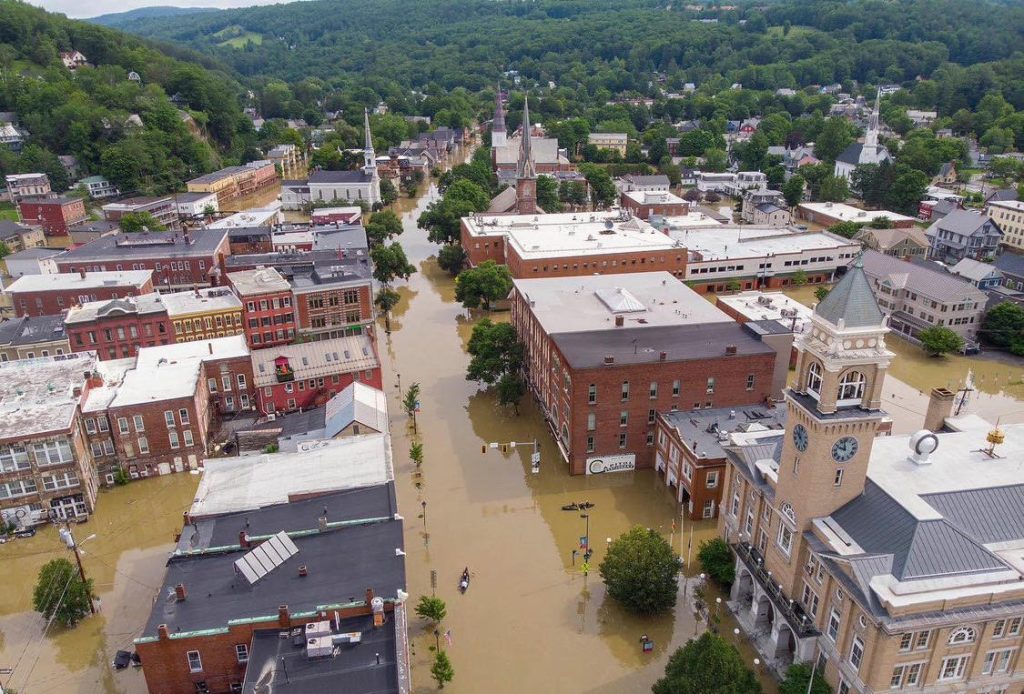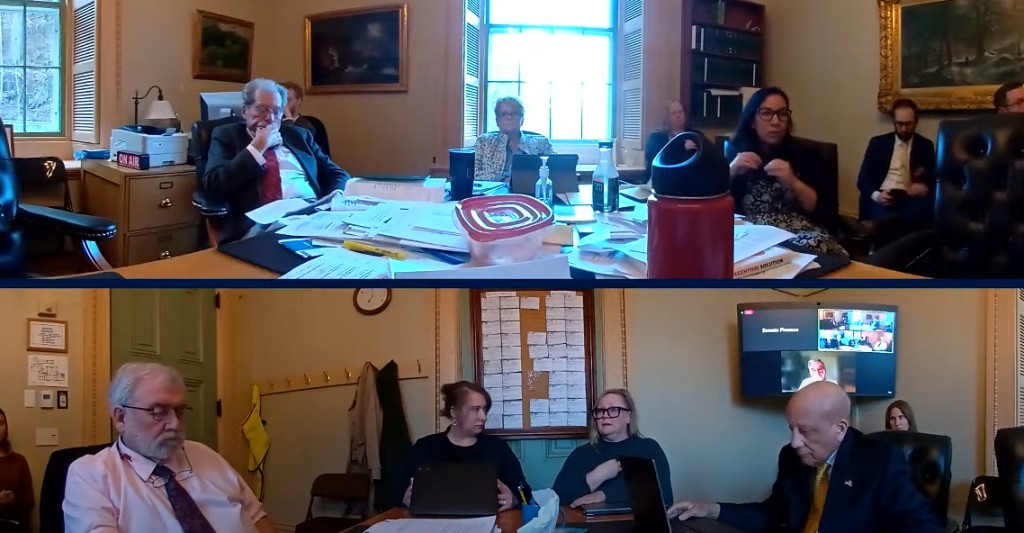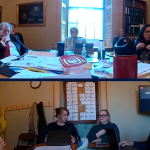Last year at this time, the Vermont Chamber of Commerce shared that “amid a nation more divided than ever, Vermont remains a leader in unity, particularly when it comes to agreeing on the top issues facing our state. If we can agree on the problems, we are confident we can find balanced solutions. Vermonters agree on the ‘what,’ and we look forward to working together to find common ground on the ‘how.’” As we approach the second half of the biennium, this sentiment remains true.
Businesses statewide trust the Vermont Chamber to prioritize collaboration and uphold the core values that define our state. Our team meets with legislators and businesses year-round because our work to advance the Vermont economy never stops. We also meet with local stakeholder groups across Vermont to further inform our legislative priorities. In 2024, the Vermont Chamber will focus our advocacy efforts on three key pillars of opportunity.
Workforce Housing: To meet the need for 80,000 new units of housing by 2035, it will require a coordinated approach and bold strategic solutions to bolster efforts that are already underway. Collectively, our state land use regulations and programs must be modernized to reflect the needs of Vermonters today and in the next 20 years. We can protect our highly sensitive natural resources while also reforming permitting and Act 250 to allow for growth. Exemptions, more predictable and consistent processes, and redesigning state designation programs will support and incentivize resilient smart growth in larger geographic areas. We also need to invest in more solutions for middle-income Vermonters through appropriations and tax policy.
Business Success: Vermont businesses are going above and beyond to uplift their employees, customers, and neighbors. Meanwhile, they also face significant affordability and workforce challenges. To give businesses time to implement pre-existing financial obligations, such as the first-ever payroll tax that was established last session, we are advocating for tax proposals to undergo rigorous assessment in comparison to both existing and forthcoming cost burdens. Additionally, we will continue to build on our record of advocacy for workforce recruitment and retention strategies. This includes leveraging achievements like the Declaration of Inclusion initiative to encourage more people to move to Vermont, bolstering centers for technical education to meet the demand for vocational workers, and fully exempting military retiree pensions from taxation to attract and retain highly skilled workers for second careers in Vermont.
Recovery & Resiliency: Recovery programs must be replenished to address the collective unmet economic injury need from the summer floods. Looking ahead, it’s not a matter of if, but when, a severe weather event will hit Vermont again. Working with federal partners to identify and allocate funding is also paramount for proactive disaster preparedness initiatives. By implementing mitigation strategies, we can reduce the downtime of operations and revenue loss following future disasters. We can also help state agencies create or update standardized programs to mobilize during disaster response that efficiently meet the needs of those impacted.
Business vitality is crucial to the well-being of all Vermonters. This is why we are optimistic that legislative priorities and business needs can align during the 2024 legislative session. As always, the Vermont Chamber legislative agenda is data-driven and cost-conscious, and we look forward to working with legislators to find solutions rooted in the economic reality of Vermont. We are also confident that our team has the institutional knowledge and pragmatic approach to leadership that will continue to achieve results for the Vermont business community. Learn more at vtchamber.com/advocacy.













